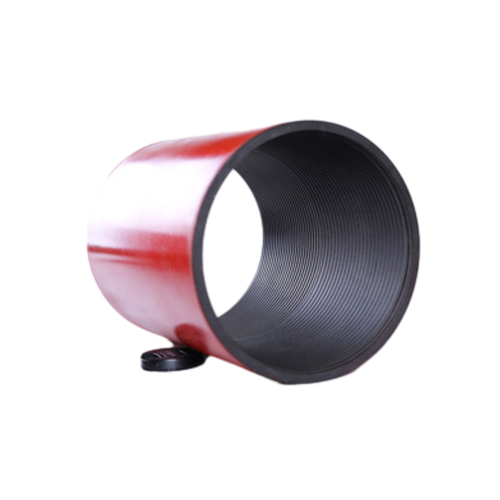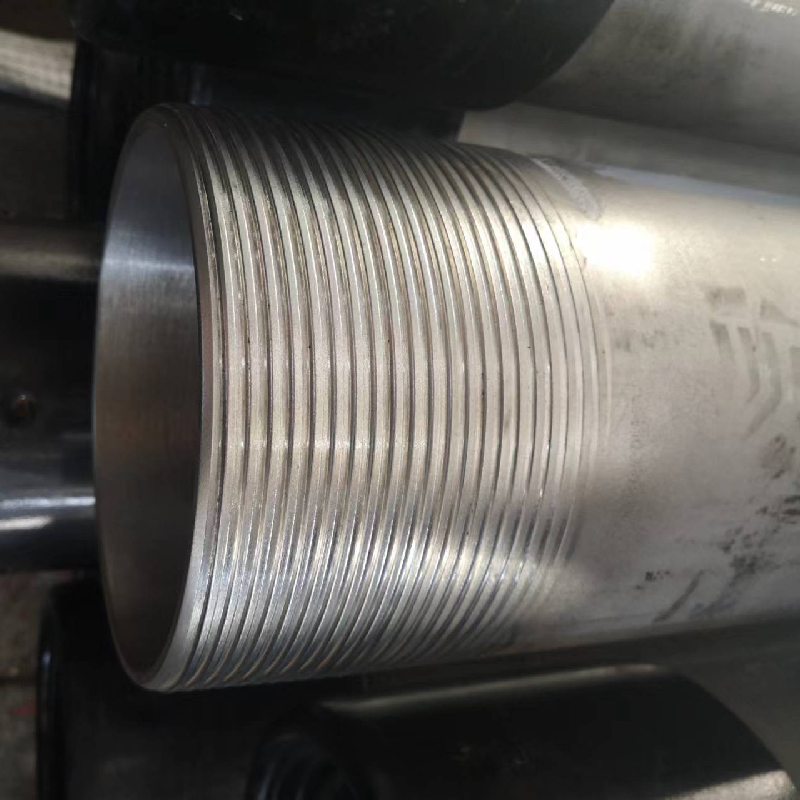- Afrikaans
- Albanian
- Amharic
- Arabic
- Armenian
- Azerbaijani
- Basque
- Belarusian
- Bengali
- Bosnian
- Bulgarian
- Catalan
- Cebuano
- Corsican
- Croatian
- Czech
- Danish
- Dutch
- English
- Esperanto
- Estonian
- Finnish
- French
- Frisian
- Galician
- Georgian
- German
- Greek
- Gujarati
- Haitian Creole
- hausa
- hawaiian
- Hebrew
- Hindi
- Miao
- Hungarian
- Icelandic
- igbo
- Indonesian
- irish
- Italian
- Japanese
- Javanese
- Kannada
- kazakh
- Khmer
- Rwandese
- Korean
- Kurdish
- Kyrgyz
- Lao
- Latin
- Latvian
- Lithuanian
- Luxembourgish
- Macedonian
- Malgashi
- Malay
- Malayalam
- Maltese
- Maori
- Marathi
- Mongolian
- Myanmar
- Nepali
- Norwegian
- Norwegian
- Occitan
- Pashto
- Persian
- Polish
- Portuguese
- Punjabi
- Romanian
- Russian
- Samoan
- Scottish Gaelic
- Serbian
- Sesotho
- Shona
- Sindhi
- Sinhala
- Slovak
- Slovenian
- Somali
- Spanish
- Sundanese
- Swahili
- Swedish
- Tagalog
- Tajik
- Tamil
- Tatar
- Telugu
- Thai
- Turkish
- Turkmen
- Ukrainian
- Urdu
- Uighur
- Uzbek
- Vietnamese
- Welsh
- Bantu
- Yiddish
- Yoruba
- Zulu
កុម្ភៈ . 11, 2025 00:31
Back to list
bull plug vs hex plug
Bull plugs and hex plugs are crucial components in various industrial and commercial applications, yet their differences are often overlooked. Understanding these components is essential for engineers, project managers, and suppliers to ensure optimal system performance and safety.
2. Pressure Requirements Bull plugs are designed to withstand high-pressure environments due to their solid construction, making them suitable for oil and gas industry applications. In contrast, hex plugs are typically more appropriate for medium to low-pressure systems, like those found in residential plumbing. 3. Ease of Installation The hexagonal design of hex plugs allows for easy installation and removal, which can be essential for maintaining systems that require frequent access or modifications. This is an advantage in dynamic systems like modular hydraulic circuits. 4. Cost Considerations Budget constraints are always a factor. Bull plugs tend to be more expensive due to their specialized application and materials, whereas hex plugs can be more economical, especially in large-scale applications like manufacturing. The decision between bull plugs and hex plugs should align with the system's operational needs, ensuring reliability and safety. Product specifications, industry standards, and expert consultations are essential before making a decision. Additionally, routine inspections and maintenance are advised, as even the most durable plugs can wear down over time due to environmental and operational stressors. Moreover, consulting manufacturers' documentation and industry guidelines provides clarity in choosing the right component. Collaborating with experienced suppliers who understand the nuances of each application can further reinforce the decision-making process, providing peace of mind that the right component enhances overall system integrity. Ultimately, understanding and appreciating the unique attributes of bull plugs and hex plugs is not just about knowing their differences; it’s about recognizing their potential impact on operational efficiency and safety. Each application has unique demands, and making an informed choice reflects a commitment to quality and excellence, cementing your expertise within the industry.


2. Pressure Requirements Bull plugs are designed to withstand high-pressure environments due to their solid construction, making them suitable for oil and gas industry applications. In contrast, hex plugs are typically more appropriate for medium to low-pressure systems, like those found in residential plumbing. 3. Ease of Installation The hexagonal design of hex plugs allows for easy installation and removal, which can be essential for maintaining systems that require frequent access or modifications. This is an advantage in dynamic systems like modular hydraulic circuits. 4. Cost Considerations Budget constraints are always a factor. Bull plugs tend to be more expensive due to their specialized application and materials, whereas hex plugs can be more economical, especially in large-scale applications like manufacturing. The decision between bull plugs and hex plugs should align with the system's operational needs, ensuring reliability and safety. Product specifications, industry standards, and expert consultations are essential before making a decision. Additionally, routine inspections and maintenance are advised, as even the most durable plugs can wear down over time due to environmental and operational stressors. Moreover, consulting manufacturers' documentation and industry guidelines provides clarity in choosing the right component. Collaborating with experienced suppliers who understand the nuances of each application can further reinforce the decision-making process, providing peace of mind that the right component enhances overall system integrity. Ultimately, understanding and appreciating the unique attributes of bull plugs and hex plugs is not just about knowing their differences; it’s about recognizing their potential impact on operational efficiency and safety. Each application has unique demands, and making an informed choice reflects a commitment to quality and excellence, cementing your expertise within the industry.
Latest news
-
Well Casing Extension Couplings – Applications and InstallationNewsJun.06,2025
-
Types of Crossover Subs in Drilling & CompletionNewsJun.06,2025
-
Key Features of High-Quality Tubing Pup JointsNewsJun.06,2025
-
Installation and Maintenance Tips for Steel Couplings for PipeNewsJun.06,2025
-
How to Select the Right Pup Joint for Oil & Gas OperationsNewsJun.06,2025
-
Applications of Stainless Steel Pipe CouplingsNewsJun.06,2025
Related Products







